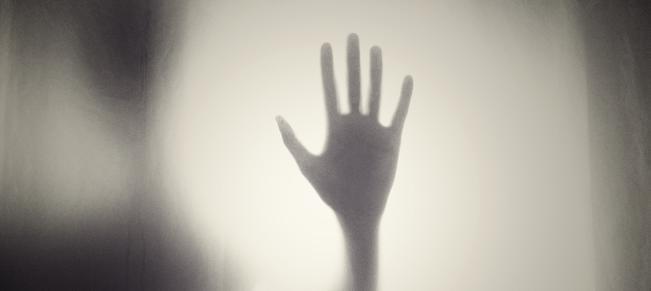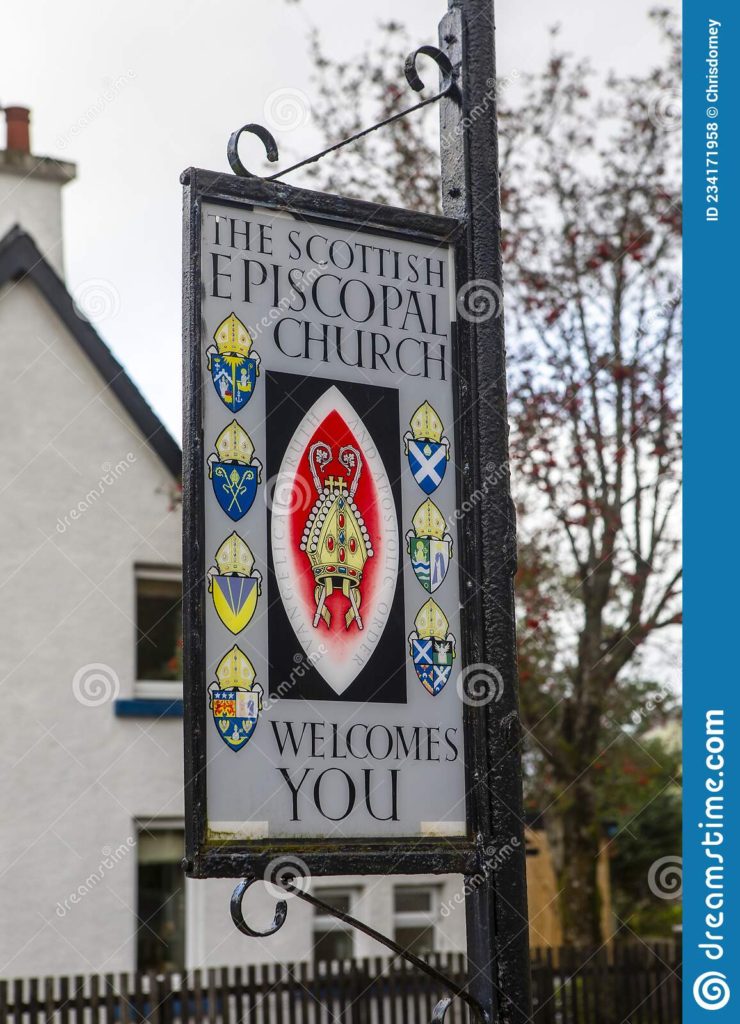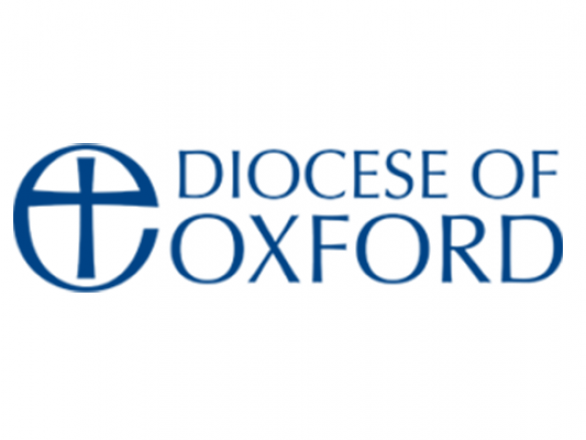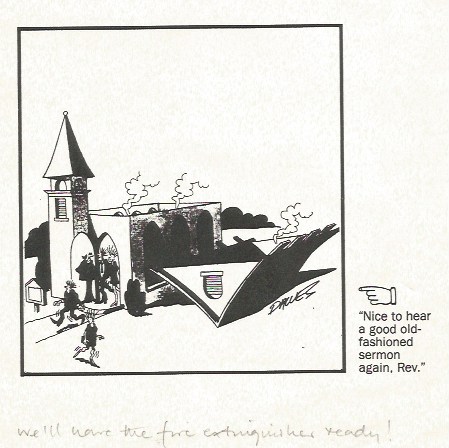
Quite frequently in safeguarding contexts we hear the expression ‘vulnerable adults’ or ‘adults at risk’. Without getting into detailed definitions of what these terms mean, we are referring to a group of people who, for various reasons, are in danger of different types of exploitation. The expression ‘at risk’ is one that is not usually a self-description. It is more likely to be used by someone in authority who wants to help and support someone in another group who may be in some sort of danger. Our perspective on what it means to be at risk or vulnerable, comes normally from someone on the outside looking in.
This current blog post is written from the perspective and experience of an individual who readily accepts that he is part of the ‘at risk’ group. Robert, as we shall call him, knows that a lifetime of mental fragility, caused originally by a brain injury at the age of 11, has placed him with a constant need for help and support. I am telling something of Robert’s story because it contains his alarming account of an encounter with a Christian congregation. The attempts by a church to heal Robert of his mental distress have considerably added to his pain. It is alarming to discover that apparently well-meaning folk are permitted to diagnose brain injury as demonic possession. Society should surely offer some protection for vulnerable adults like Robert from utterly dangerous practices like these. For me it is a privilege to be entrusted with Robert’s story. I ask the reader to enter imaginatively into Robert’s account as a way of gaining insight into the experience of the mentally impaired with their vulnerability. Most of us would recognise the inappropriateness of what Robert had to endure as a recipient of Christian ministry. That such things go on in in 2022 should be a cause of shame to all of us. The ‘demonic abuse’ label for the mentally ill may not be mainstream Anglican thinking, but it is probably not hard to find similar combinations of bullying and abusive practices in a CofE context. I tell Robert’s story as a way of offering a critique of a strand of teaching and theology. It threatens to severely damage members of vulnerable groups in our society and also bring discredit on the entire Church. Finding one’s voice in any situation of abuse in the Church is hard. The victims of abuse do not normally have the resources or stamina to fight their way to being heard by people of influence and authority in the Church. The same predicament is doubly true for the mentally afflicted. Allowing Robert, who has been through church-induced suffering, to find his voice, is something that Surviving Church is proud to do.
Before we get into Robert’s account, I should mention that I have received the CofE training offered to those who practise deliverance ministries and have acted as a spiritual deliverance adviser for two dioceses. I am alert to the possible reality of demons, but also I am aware of how they seem more frequently to be created by an overheated and possibly disturbed exercise of the human imagination.
Robert’s disastrous head injury at the age of 11, caused by a car accident, led to a later diagnosis of bipolar disorder. This required frequent visits to mental hospitals from the age of 20. For a time his life was marked by frequent episodes of self-harm, leaving him with scars all over the body. A salient fact that Robert shared with me, relevant to his being able later to reach out to a retired clergyman, was that in his earlier years he had obtained an A level in religious studies.
In the late autumn of 2021 now aged 44, Robert was introduced by a friend to a Pentecostal Church near his home in the North-East. After a lifetime of chronic depression and mental illness he was open to the possibility that a church might help in his desperate search for peace of mind. Robert was sufficiently knowledgeable about the Bible to notice that the local pastor, Bill, was using Scripture arbitrarily as a way of backing up his personal theories. Two themes seemed to dominate what Bill had to say. The first was a strong emphasis on Bill’s ‘visions’ and the second was to point out the need to resist the ubiquitous presence of demons. Unfortunately for Robert, the friend who had introduced him to the church told the pastor that he believed Robert to be possessed by a demon. In an interesting turn of phrase, the friend described the situation as ‘fertile ground to reap a harvest’. Bill then proceeded to exorcise Robert. The deliverance prayer brought in a variety of phrases which must have been confusing to Robert. The prayer mentioned ‘generational curses’ and ‘soul ties’ as well as ‘unholy oaths’ and witchcraft. In short, through a fairly short prayer, Robert was being initiated into a paranoid universe.
After the prayer, two acolytes, who were present started to speak in tongues. Bill then commanded the demon to name itself, but all Robert could do was to stare blankly at him. Bill then declared that the demon had left but there were more demons to be cast out. So the process was repeated week after week, the only difference being that Robert was sometimes responding to the prayers with an emotional outburst of tears.
It seems that Bill was new to performing exorcisms, but the level of drama created by Robert’s tears convinced him and other members of the congregation that this ministry was the new direction for the church. By word of mouth, people started coming to be exorcised and the acolytes decided that they too had developed the power to remove demons. Robert’s observation about the whole process was that it was a bit like a mesmerism show. After a time of chanting Bill would consult a ‘demon manual’ before telling the person in front of him what demons were there. Apparently one can consult a spirits list helpfully provided by Google. All the attempts at removing the demons were accompanied by suitable shouting and screaming to fit into the prevailing atmosphere.
Robert’s concern is probably the same as my readers. Is it ethical to take a group of highly vulnerable people, those with mental problems, the homeless, substance addicted, sexually abused etc and tell them that they have demons in them? Who would be responsible if a person left such a service and threw themselves under a train? Robert was also burdened or, should we say, controlled by being told the following. His brain injury had been healed by prayer and the demons banished. Nevertheless, the healing was provisional on his continuing to attend the church every week.
Further burdens were placed on Robert by the church. His demons could have been passed on to previous girlfriends through the act of intercourse. Also, a rape suffered by a previous girlfriend would have infected her with demons. Her demons would have mixed with Robert’s demons. Another abused girl was told that her demons could not depart unless she forgave her abuser. Another man with mental health problems was told that his family had been cursed by witchcraft a hundred years earlier.
In the middle of all this madness the two acolytes who had been present at the first exorcism and had decided that this was now their special calling to ‘practise’ exorcism and they wanted to use Robert as a guinea pig. They admitted that they did not know anything about it but carried on anyway. In one of these sessions, Robert had a laughing fit which led into a serious episode of self-harm with razor blades. Up to that point Robert had been free of this form of behaviour for twenty years.
Robert shared with me in his email a series of other themes of Pentecostal teaching that were presented to him. One of these mentioned the language of demonic strongholds. Ephesians 6 with its militaristic language was constantly appealed to. This chapter can be read as an instruction to Christians to see the whole Christian life as an endless battling with demons and Satan. Much of the new teaching was being reinforced by an institution called the Northern School for Prophetic Ministry. Here, for £350, members of the church could learn how to prophesy and cast out demons. It seems that Robert became a suitable ‘patient’ to practise on. No thought seems to have been given to the ethical implications of using him in this way.
Various other bizarre items of teaching on demons and their activity were mentioned. Many of them have become widespread in the States. Expressions like ‘demonic portals’ and the Courts of Heaven find their place on videos freely available on Youtube. My own tolerance for being up to date with this paranoid universe is probably limited, so I won’t weary my reader with sharing any more. Robert in writing to me was no doubt processing all the dreadful things that had happened to him and said to him. He was realising that he had found the means to escape from their grasp. But that was not true for all the others who had fallen into the trap of believing that this church could rescue them from their vulnerabilities. I finish with a plea from Robert in his own words. It is a plea to me personally, but I read it as a plea to the wider church from a vulnerable victim who has fallen victim to unethical, possibly illegal, behaviour which somehow claims the name of Christian. The only way that such behaviour can be checked is by other Christians (like us) standing up and saying clearly: Not in our Name.
I am writing this to you, because I believe what they are doing is morally wrong, in that they have no formal training in counselling. Yet they are telling vulnerable people that they are full of demons and they can cast them out. As I have previously stated they will character assassinate me, saying I’m paranoid, or alcohol-dependent (who isn’t after lock down?). But I give you a litmus test: ask them to swear on a Bible or on Jesus that what I have written is lies.





